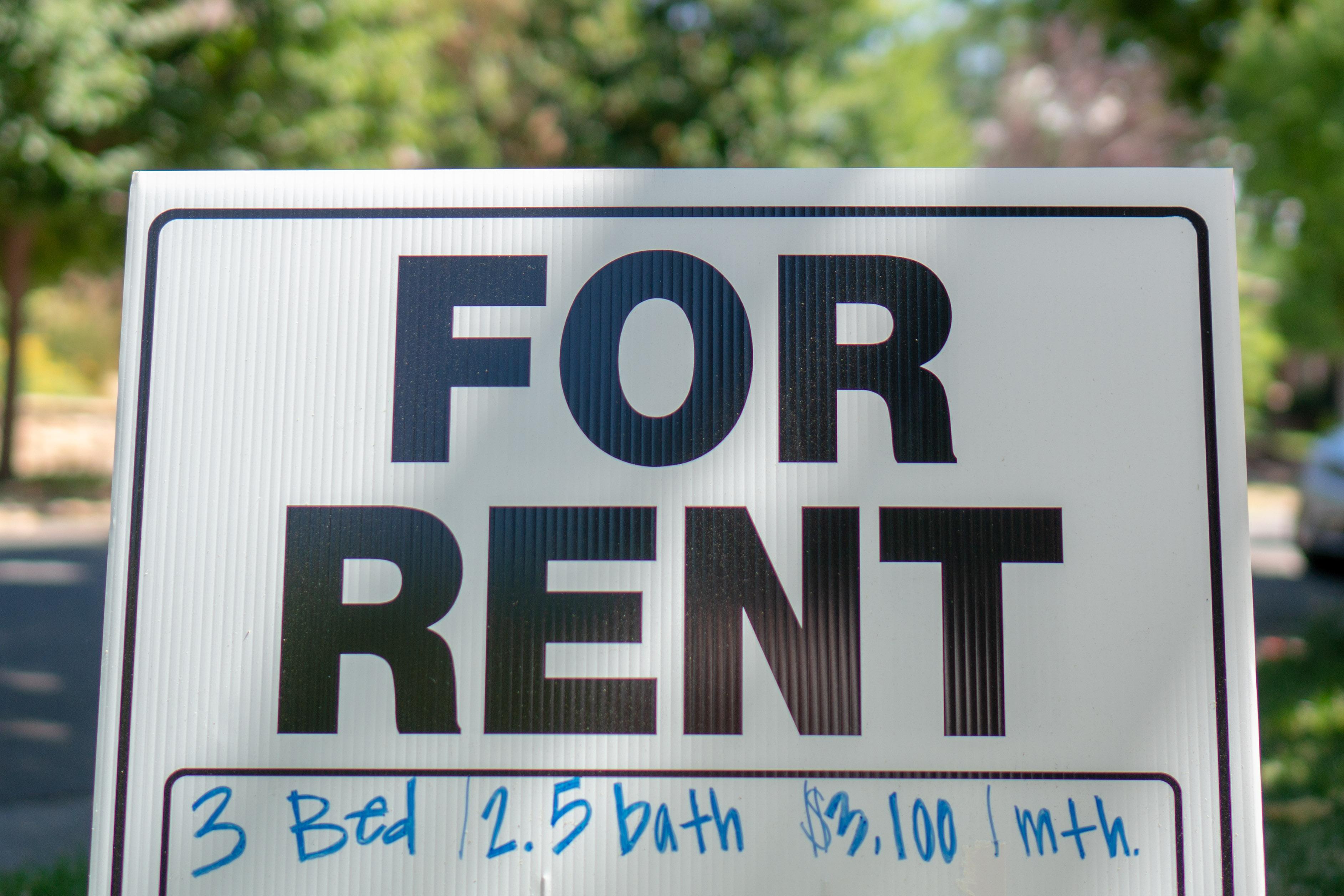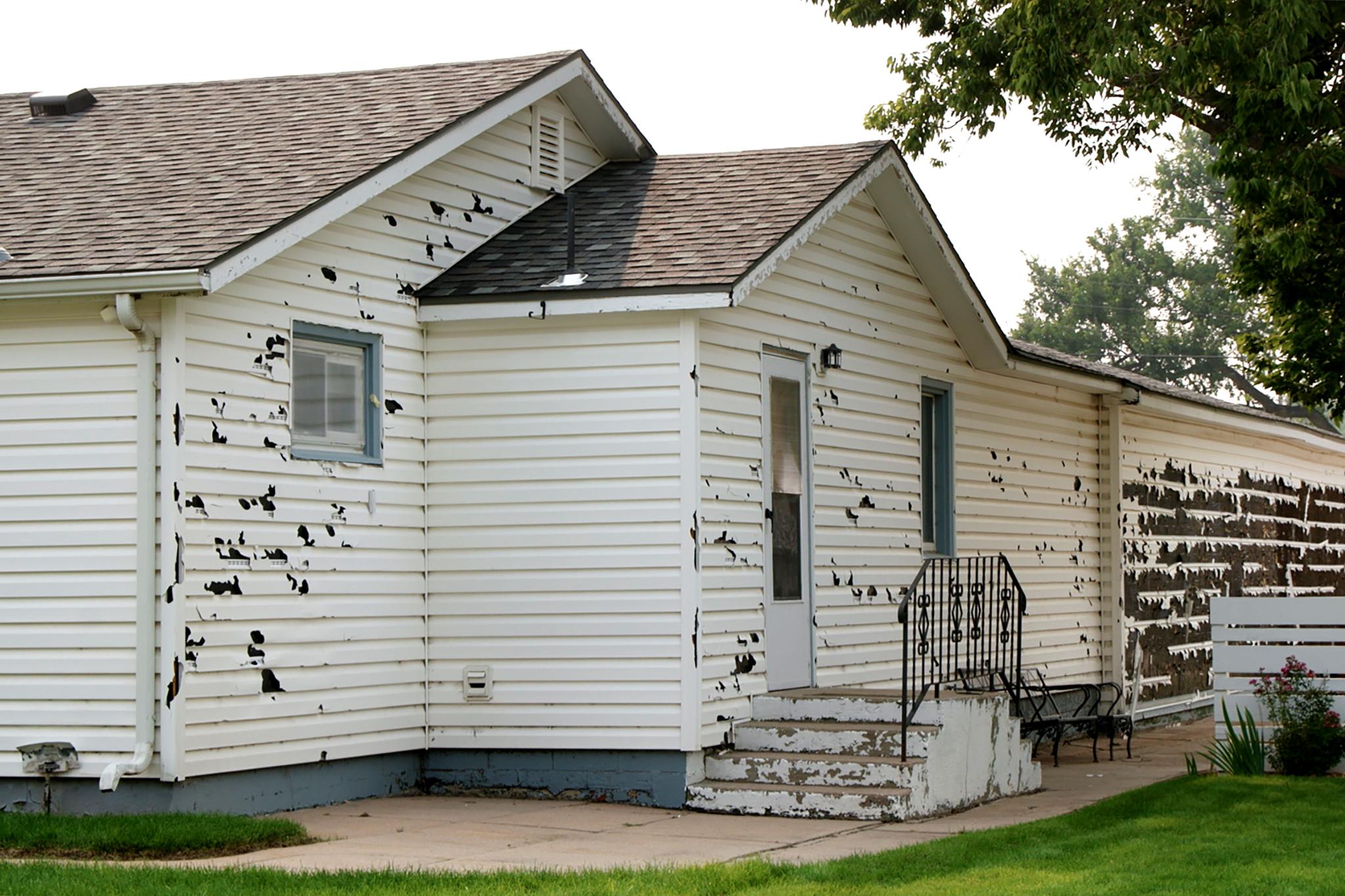

It sounds brilliant in retrospect: buy a bunch of homes at a discount during the foreclosure crisis, then ride the wave as home prices boom again.
About 10 years ago this was the plan for Charles Roberts. People genuinely thought he was crazy, particularly when the economy was in freefall to open the Great Recession.
“You’re sitting down at a closing only to find out that the bank that was funding the loan just went out of business and everybody lost their jobs,” the Denver real estate investor recalled.
Still, Roberts and other investors were able to build a portfolio of homes in the Denver area. Roberts currently has 16 rentals.
For those with the stomach, and the money, there were deals everywhere. Especially in low-end neighborhoods hit the hardest by the housing crisis. At the time, it was welcome news for those neighborhoods since investors were putting money into the homes and putting them on the market.
As Colorado’s economy recovered from the shock, people started moving back into Denver in droves. “And guess what?” Roberts said. “Suddenly, people had to rent and that’s when the landlords made a lot of money, the landlords are still making a lot of money and for the most part they’re not selling.”
Homeownership in the Denver area fell from 71 percent in 2005 to 53 percent in 2018. The end result of the foreclosure crisis was the creation of a whole new class of renters.
Roberts says he’ll probably die with these properties, because it makes the most economic sense for him.
It’s a national phenomenon. Bill McBride, an economist famous for predicting the housing crisis of 10 years ago, said the wave of rentals is “one of the key reasons inventory’s been low and will probably stay historically a little low.”
Across the country, 3.9 million single family homes have been converted from owner-occupied to investor-owned rentals since the Great Recession. In the Denver metro, there are 102,587 single family homes believed to be rentals, according to Attom Data Solutions.
Many of the investors McBride has talked to aren’t going to sell the properties back to the market, even with rising prices.
“If they sell a property they have to pay capital gains then they have to find a place that returns something better than what they were getting, and in general, that’s hard to do right now,” McBride said.
That’s true for Denver investors who are enjoying a 50 percent jump in rents in since 2012, according to numbers from a University of Denver/Apartment Association survey.
Many of these investor-owned homes would be affordable units for first-time homebuyers if they were on the market. Those potential buyers, looking to grow their wealth or stabilize their housing costs, simply have no options now.
“The problem is the homeownership rates are falling and it’s creating haves and have nots,” said Lawrence Yun an economist with the National Association of Realtors. “This is an undesirable situation. So, the only way to provide more opportunity for the first-time buyers is to bring more inventory.”
The simple solution is to build more homes, but home construction is still below pre-recession levels — though there’s small signs of life in Denver if you look at the building permits.
Real estate investor Charles Roberts admits the current dynamic in Denver is a good trend for landlords like himself.
“Renters are definitely victimized right now,” Roberts said. “And their choices are buy a house, which is tough. Even though interest rates are still low, they’d have to buy a house at very high prices, they can get a second job or a third job or they can move.”
There are affordable options in cities like Phoenix, Arizona or Des Moines, Iowa, where there is a relatively decent supply of affordable homes. This isn’t theoretical. The latest Census Department numbers show almost 200,000 Coloradans left the state in 2016.









